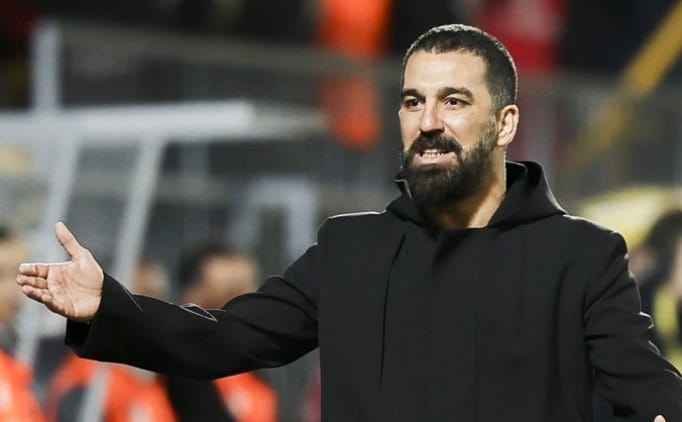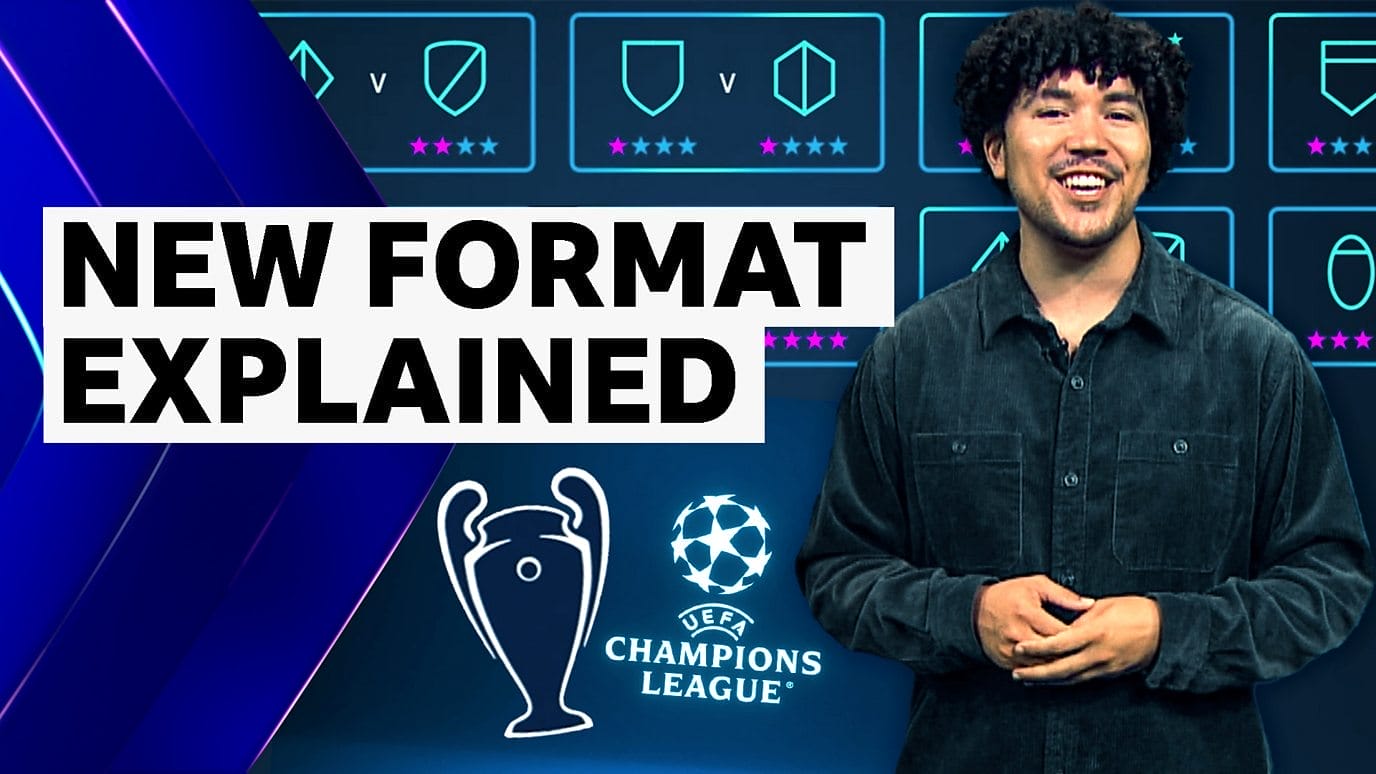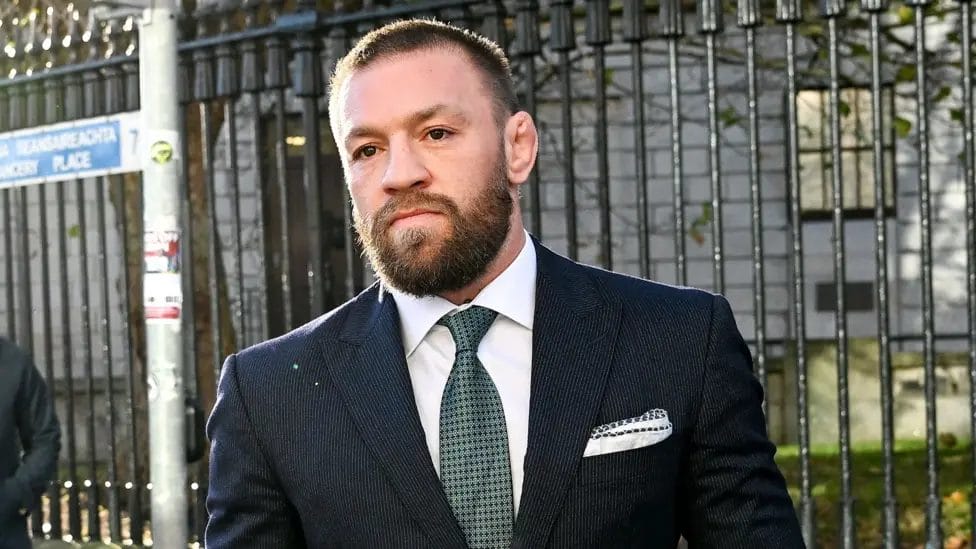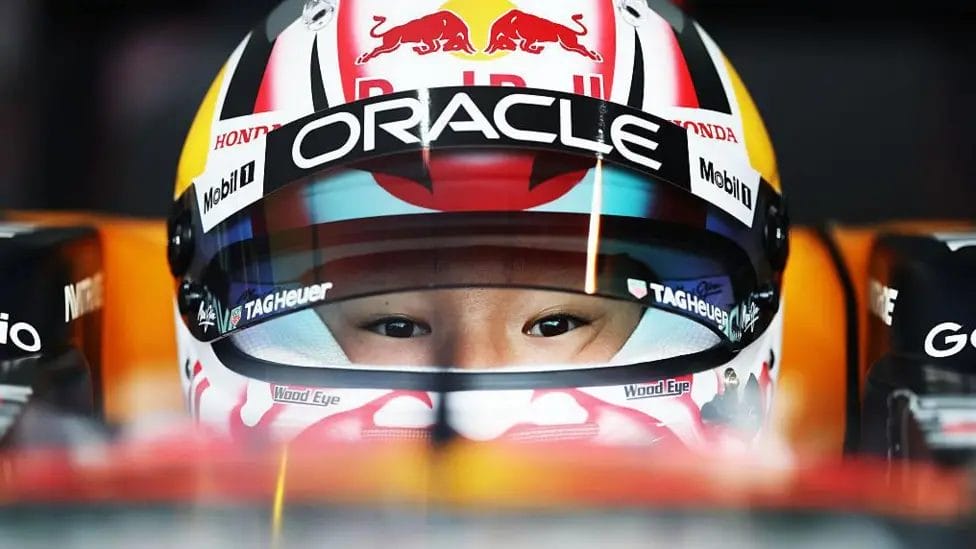
Arda Turan’s Confession After Years: “I Experienced Power Poisoning”
One of the prominent figures raised by Turkish football, Arda Turan, who has been in the spotlight both for his successes and controversial behaviors, sat down for the documentary “Arda Turan: Confrontation.”
“POWER POISONING”
Turan admitted to experiencing power poisoning. Speaking to Tuğba Kalçık from Sabah, Turan said, “When I look back and confront myself, I also question my actions. In some of my actions, I may have made mistakes due to that power poisoning. I paid the price for all of them.”
You rose from Bayrampaşa to play for some of the world’s most important clubs. What motivated you the most in your career?
Struggle. I fought for everything I wanted in my life. The feeling of achieving something is special to me. I entered the Galatasaray youth trials and passed. With my performance, I was selected for the first team. I had unforgettable days with the national team. Then I became the captain of Galatasaray. I transferred to La Liga. I became a champion with Atletico and then moved to Barcelona. For a child who set out just to play football, it was like a dream. I’ve never been someone motivated by money throughout my life. Look back at my career and contract processes, and the most used phrase is “signed a blank contract.” Sometimes this may not be right; maybe it would have been better to manage the processes more professionally, but that’s just who I am. My character is like that. That’s why I am motivated by happiness and being in environments where I am happy.
“I ALWAYS REACTED TO INJUSTICE”
You are someone who acts on emotions. What has been your biggest regret in this regard?
This is the biggest criticism about me. Has this characteristic negatively affected me? Surely, it has. Putting logic first always keeps a person in a more protected space. But this is my character; my emotions often take the lead. As I got older, I learned to balance it better. When you look back, many things you did in your 20s seem meaningless now. But I’m sure if I looked at my 20s from today’s perspective, many of my actions would seem absurd to me now. I have a more refined life now—my job, my family, my children. I don’t think it’s right to talk about regret. Everything made me the Arda I am today. I still have shortcomings, but I am happy with where I’ve come.
You’ve made headlines many times for incidents where you couldn’t control your anger. Do you think you managed your career poorly in this respect?
It’s not right to evaluate this issue in the context of career management. Yes, there were times when I couldn’t control my anger. Looking back, could I have resolved those situations differently with better communication? Yes, but in all of them, I was reacting to injustice. I couldn’t stay silent in the face of injustice. I still can’t stay silent, but I’ve learned to find calmer solutions. This is something life teaches you over time.
“I EXPERIENCED POWER POISONING”
At a young age, you played for very big teams. Did this lead to “power poisoning” for you?
Most of the mistakes I made in my career were personal ups and downs. If you look at their core, many of them stem from a sense of protecting and standing by the people around me. It wouldn’t be right to link all my tensions to this, but generally, it was like that. Playing for big teams and achieving big successes can cause changes in a person’s life, and this is natural. This might have contributed to the power poisoning I experienced. But I’ve always been someone who gave their best fight against injustice and took risks when necessary. We can question my methods. When I look back and confront myself, I also question them. In some of my actions, I may have made mistakes due to that power poisoning. I’ve paid the price for all of them.
During your last period with the national team, you were constantly in the media spotlight. In the documentary, you mentioned that some journalists were unfair to you. Why do you think they had such an attitude towards you?
We touch on this topic in the documentary. It was a bit difficult for me to talk about these issues again during the filming process. Not in terms of confrontation, but because it was something where I was blamed from the start. There was the national jersey involved, and I’m someone who never put money ahead of my love for the country and football, but at that time, all the blame fell on me. I was faced with such an attitude. I was thrown into the fire by people I considered brothers, even though I had no fault. But I’m glad that the documentary explored this topic with all parties involved, making the situation clearer.
“FATIH TERIM IS ONE OF THE MOST IMPORTANT FIGURES IN MY CAREER”
Fatih Terim has a special place in your career…
Fatih Terim is one of the most important figures in my career. He has always been a guide and has always been there for us during tough times. He has always shown his greatness. There are a few different coaches whose leadership I have taken inspiration from, and Fatih Hoca is at the top of that list. From him, I learned never to give up, no matter the circumstances, and to take the right risks at the right time. The meaning he added to the concept of struggle is one of the traits I respect most about Fatih Hoca. From Simeone, I learned valuable things about defense, and from Luis Enrique, how to highlight offensive play and individual talents… I’ve gained a lot of experience from all the coaches I’ve worked with. Now, I’m trying to apply what I’ve learned in the best way possible with my own team.
“WE HAVE VERY VALUABLE PLAYERS”
Among the new generation of Turkish footballers, do you see anyone who can achieve the same success as you?
Of course. Arda Güler, Barış Alper Yılmaz, Ferdi Kadıoğlu, Kenan Yıldız, Kerem Aktürkoğlu… The list goes on. Hakan Çalhanoğlu already has an amazing career. We have very valuable players. When I look at them, I feel a lot of pride. They gave us the excitement of the national team at Euro 2024. They brought us back together. They have become a very special team. I hope all of them will catch up with me and surpass me. Then what I’ve done will have even more meaning.
“I’VE ALWAYS LOVED BIG GATHERINGS AND FRIENDS THROUGHOUT MY LIFE”
During your football career in Spain, your personal life was often in the spotlight. There were criticisms that you had too many guests at home and that you weren’t focused on football.
In the documentary, I have a line: “I will never again be a 24-year-old Atletico Madrid player.” I’ve always loved big gatherings and friends throughout my life. Having them around has always given me strength. I won championships with Atletico Madrid while my friends were around me. It was shown as if the only reason for my later decline in sports was that, but I think that’s wrong. At that age, I loved that energy and feeling. In the documentary, Filipe Luis explains this topic very well. He talks about the atmosphere at our house, our gatherings, our barbecue parties… This was always a topic in Turkey, but in Spain, no one ever questioned why this man had his friends around.
“FOOTBALL GAVE ME A LIFE BEYOND MY DREAMS”
When you look at successful footballers around the world, many come from low-income families. How did coming from a low-income family affect your football career?
For me, family is everything. Their happiness, feeling safe, and living in peace are among my top priorities. I didn’t have a wealthy childhood. Like every middle-income family, we had our own economic struggles. Football gave me a life beyond my dreams. I’ll never forget, one day I came home and found my mother crying. When I asked her what was wrong, she replied, “This house is too small and damp.” I told her, “Don’t worry, Mom, I’ll buy you a bigger, beautiful house before you turn 40.” Thank God I was able to keep that promise before my mother turned 40. Looking back, even if I hadn’t had such a big career, if I had just fulfilled that promise to my mother, I would still be the happiest person in the world.








